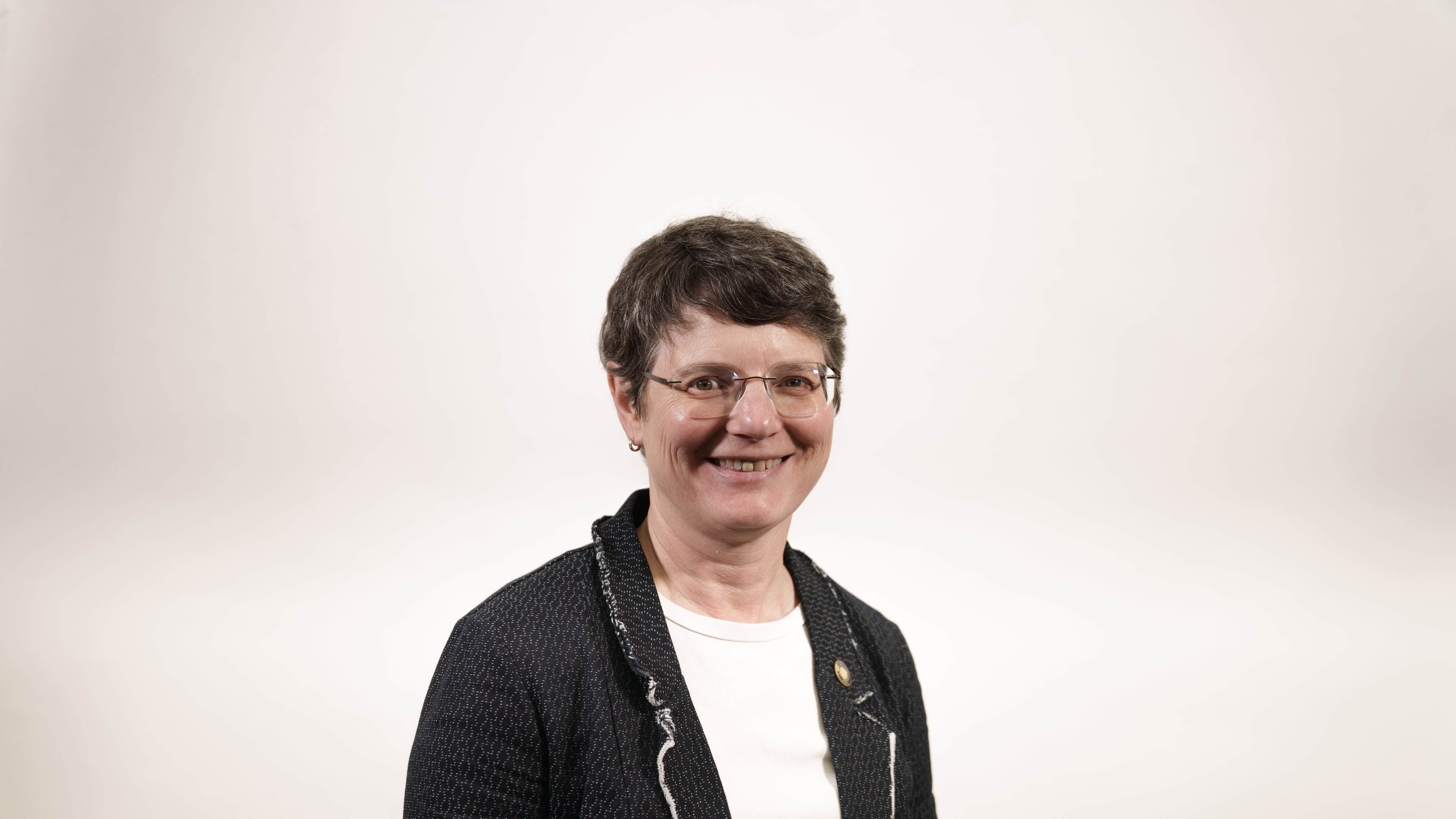The long-running effort to bring Major League Baseball to Portland took a small step forward this week.
The Portland Diamond Project, the group that’s been working on securing a stadium site and a team for more than seven years, gathered numerous elected officials Nov. 21 at the downtown office of the Portland Metro Chamber, including Mayor Ted Wheeler, Mayor-elect Keith Wilson, many city councilors and legislators, State Treasurer Tobias Read, and Treasurer-elect Elizabeth Steiner. (Many business leaders also attended, and Gov. Tina Kotek sent a representative from her office.)
The Portland Diamond Project presented detailed renderings of what a stadium at Zidell Yards in South Waterfront would look like and introduced baseball executives and insiders from around the country who spoke in support of the project.
Major League Baseball has speculated for years about expanding from 30 to 32 teams, and Portland as well as Salt Lake City are regularly listed as the two leading candidates for franchises west of the Rocky Mountains.
Although the Portland Diamond Project still hasn’t identified the source of the billions of dollars it would take to buy a franchise and build a stadium, the assembled group did make progress on another source of funding this week: the possible use of income-tax bonds to help finance the operation.
Back in 2003, when Portland, then led by Mayor Vera Katz, was chasing the Montreal Expos, lawmakers passed a law creating $150 million in bonding authority to help acquire the franchise. The state would use income taxes from players’ and team employees’ salaries to pay off the bonds. The concept is sometimes called “but for” financing because the tax revenue used to retire the bonds would not exist but for the presence of a team. The law generated controversy at the time, with critics saying there were more pressing uses for tax dollars than baseball.
It became a moot point when the Expos relocated to Washington, D.C., and became the Nationals.
But that bonding authority never went away, and talk at the Portland Metro Chamber’s office quickly came around to whether it could be used today. (Adjusted for inflation, $150 million in 2003 would be $256 million in 2024 dollars.)
State Sen. Lew Frederick (D-Portland) says the plan he saw at the chamber offices was the most detailed and impressive of the many he’s viewed since he first covered an earlier effort to bring MLB to Portland as a TV reporter 40 years ago.
Frederick says the issue of going to the Legislature to increase the bonding capacity was a big topic of conversation. “How would people respond? The present state treasurer and the incoming treasurer were there—she [Steiner] will have a lot of say,” Frederick says. “If there’s a bill, the argument will be the same as it was in the past. Could we be leveraging the tax money for something else other than baseball?”
Watchdog groups and advocates for a variety of progressive causes are likely to want to direct a big new revenue stream to education, social services or health care. But on Thursday, at least, the focus was on the national pastime.
“Portland would be the perfect city for Major League Baseball,” says the event’s host, Portland Metro Chamber CEO Andrew Hoan. “Just imagine the next generation of Portlanders catching home run balls on their paddle boards in the Willamette River, with Mount Hood in the distance, from a stadium astride the Tilikum Crossing. We’re absolutely committed to supporting this effort and building a competitive package that makes Oregon the most attractive market. Portland deserves it. Oregon is the perfect setting. And we are ready.”
Steiner, the treasurer-elect, says she was the first girl to play Little League ball in her hometown of Cambridge, Mass., although not very well. She says she’ll have questions as the official who acts as the state’s banker and safeguards its credit rating. But Steiner, a lifelong Boston Red Sox fan (who also admits to liking the Chicago Cubs), says she thinks if a team were available, it would be a big boost for Portland.
“Selling bonds backed by the new salaries—that’s revenue we wouldn’t get if we didn’t get the team,” she says. “In principle, I’m supportive but I’m not willing to commit until I see all the details.”
State Sen. Mark Meek (D-Gladstone) hopes to help on that score. Meek, one of the lawmakers who attended Thursday, came away “very impressed” and eager to introduce legislation that would increase the bonding capacity available to help finance a team. “I can’t wait,” Meek says.
That’s music to the ears of Portland Diamond Project founder Craig Cheek, a former Nike executive. “We believe this is the time for Oregon, and we’re doing everything we can to make it happen,” Cheek says. “In the words of the great Bo Jackson, ‘Set your goals high, and don’t stop till you get there.’”

